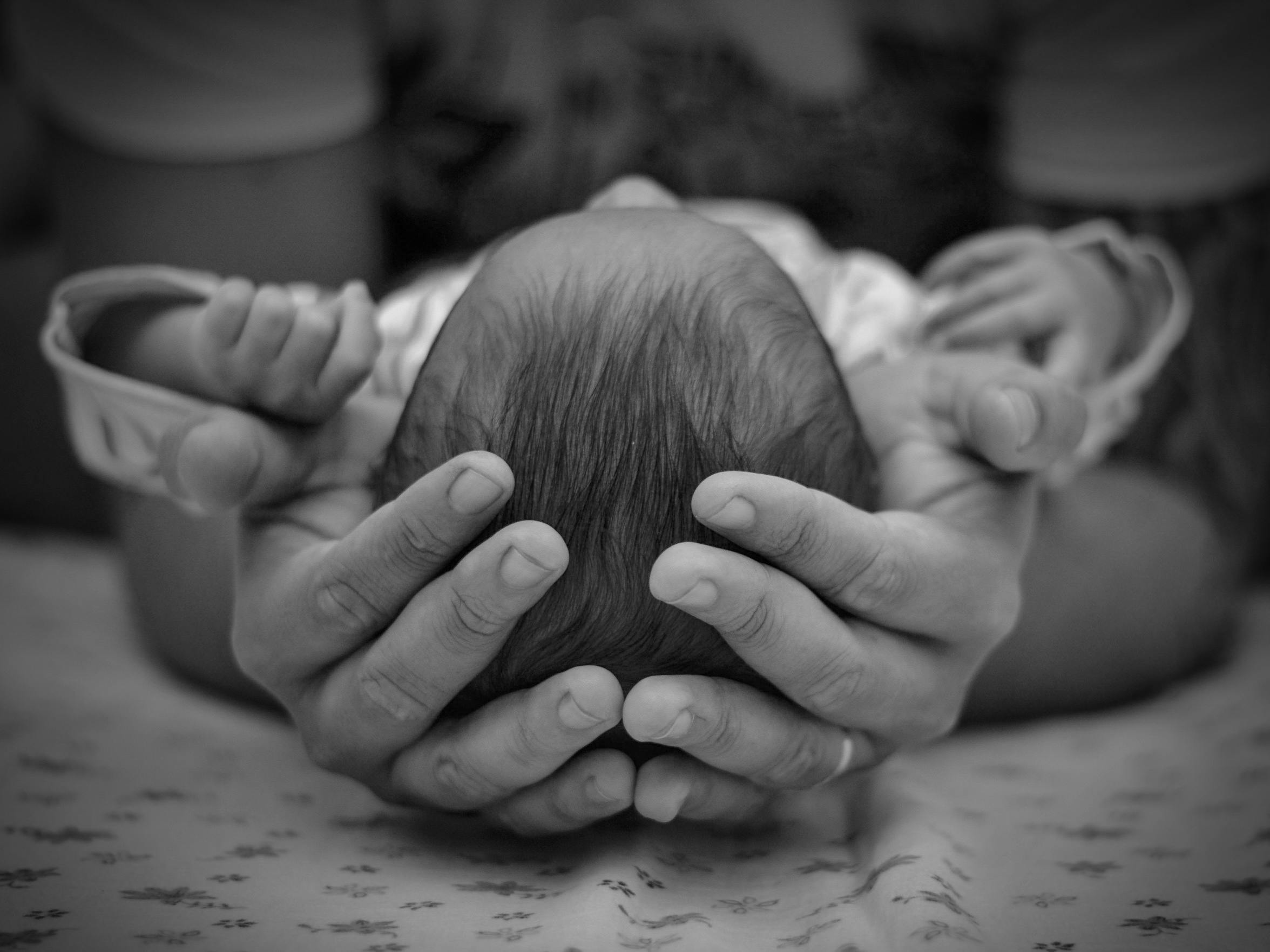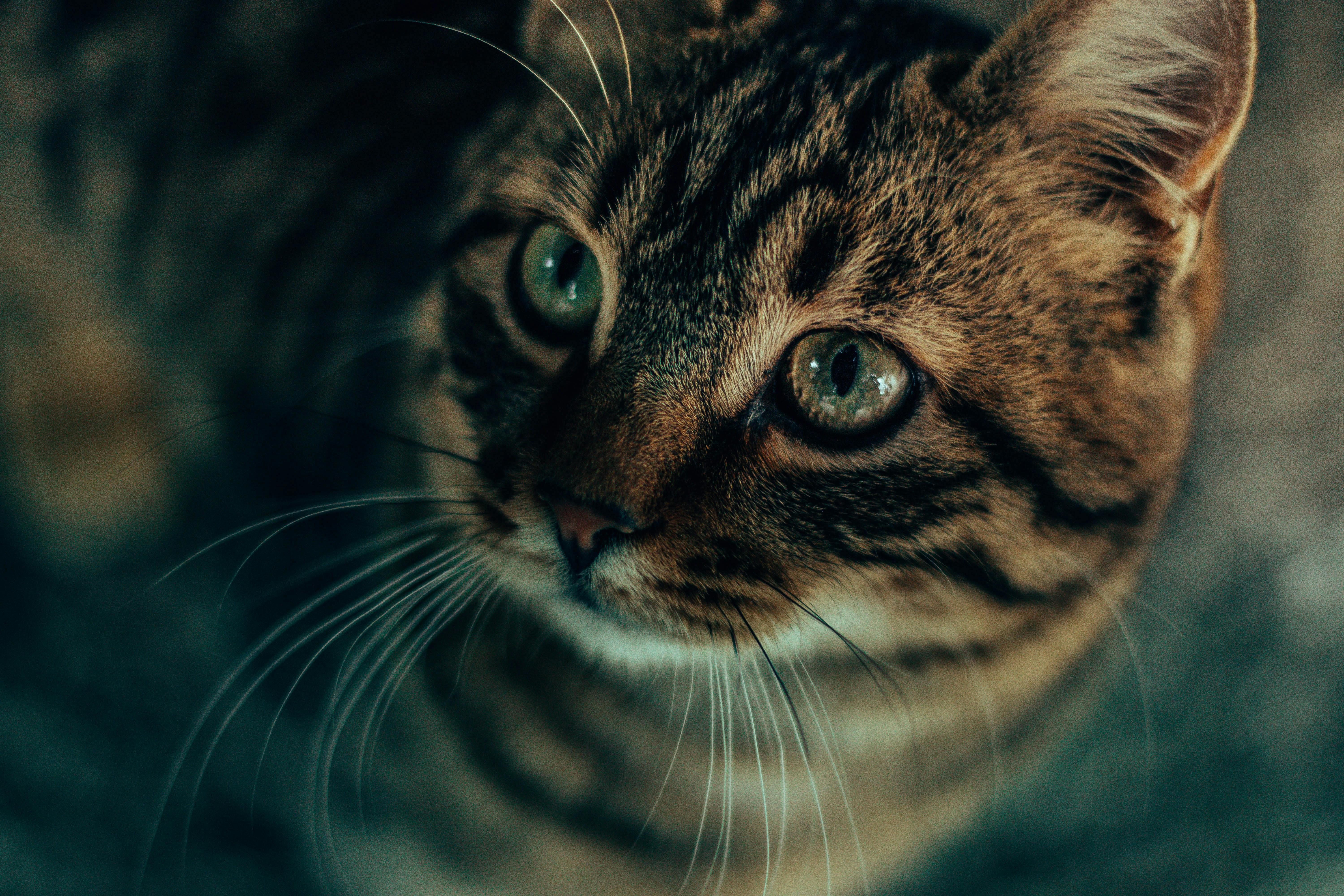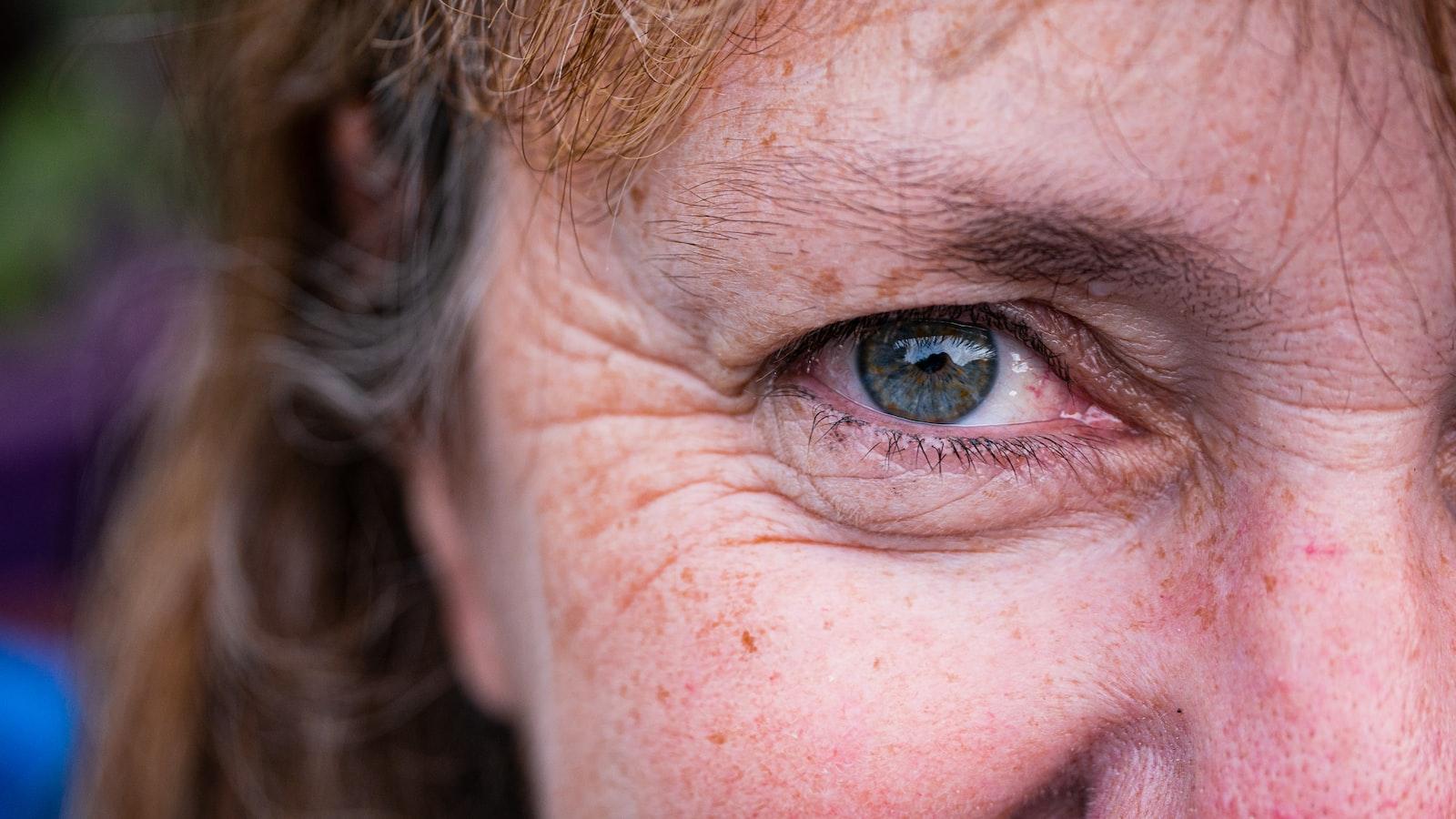Head butting is a common behavior seen in babies, and it can be quite alarming for parents. It usually occurs when a baby is upset or frustrated and can’t express their feelings in any other way. If your baby is head butting you, it’s important to understand why they’re doing it and how to respond. In this article, we will discuss why babies head butt, what the signs are, and how to handle this behavior.When a baby head butts you, it typically means that they are seeking comfort or reassurance from you. It can also be a sign of affection, as babies may give head butts when they are being cuddled.
Head Butting: Why Do Babies Do It?
It’s a common occurrence for parents of babies and toddlers to be surprised by their little one’s sudden head butting. Why do babies head butt? The answer can vary depending on the individual baby, but there are some common reasons why babies may exhibit this behavior.
One of the most common reasons why babies head butt is due to a lack of communication skills. Newborns and young babies don’t have the verbal skills to express their needs, so they use physical cues instead. Head butting is a form of physical communication that lets caregivers know that the baby needs something, such as a change in position or something to eat.
Another reason why babies head butt is for comfort. Babies are born with an instinctive need for physical contact, and head butting can be a way for them to seek out comfort from their caregivers or even from themselves. This behavior is often seen as a self-soothing measure, especially if it’s accompanied by other soothing behaviors such as rocking or sucking on fingers or thumbs.
Babies may also head butt when they are feeling frustrated or overwhelmed. This can happen when they can’t get something they want, like their pacifier falling out of reach, or when they’re in an unfamiliar environment or situation. Head butting in this case can be an expression of frustration because the baby doesn’t have other ways to express themselves verbally yet.
Finally, some babies just seem to enjoy head butting! It’s not uncommon for newborns and young babies to engage in what looks like playfulness when they’re feeling content and secure. They may launch into an energetic session of head butting during their playtime that appears totally unprovoked!
In any case, it’s important for parents to take note of why their baby might be engaging in head butting behavior so that they can provide appropriate support and guidance as needed. For instance, if your baby is exhibiting signs of frustration or discomfort, try changing positions or offering comfort measures such as rocking them gently until they settle down again. Understanding your baby’s cues and responding accordingly will help ensure that both you and your little one have a positive experience during every stage of development!
How to Respond When Baby Head Butts You
It can be a bit of a shock when your baby head butts you, but it’s important to stay calm and respond in a gentle way. Babies may head butt as a way of expressing their frustration or displeasure, and it’s important to understand what is causing the behavior so that you can address it appropriately.
The best way to respond when your baby head butts you is to remain calm and avoid showing any signs of anger or frustration. Instead, talk calmly and try to understand why the baby is feeling upset. If possible, try to distract them with something else or offer them some comfort such as a cuddle or lullaby.
It’s also important to remember that babies are still learning how to express themselves and this behavior may simply be part of their development process. If the head butting continues, talk to your pediatrician for advice on how best to handle the situation. They may suggest ways of helping your baby learn alternative ways of expressing themselves without resorting to physical aggression.
Finally, remember that babies don’t always mean to hurt us when they head butt us – they just don’t know any better yet! Showing patience and understanding can go a long way towards helping them learn appropriate ways of expressing themselves in future.
Is it Normal for a Baby to Head Butt?
Head butting is a common behavior in infants and toddlers. It is typically seen when they are frustrated or upset, and it usually stops by the time they reach the age of three. While it may be a source of frustration for parents, it is important to remember that this behavior is normal and not necessarily a sign of something more serious.
Head butting can happen when babies are tired or hungry, or when they don’t get what they want. It can also be a sign of frustration when they are trying to communicate their needs but cannot do so effectively with words. This behavior is often an attempt to express themselves in the only way they know how – physically.
Though head butting may be normal, parents should still take steps to address the behavior. One way to do this is by setting limits and providing consistent consequences when head butting occurs. Parents should also make sure their child has all their needs met – such as food, sleep, and attention – before head butting takes place. Additionally, teaching children alternative ways to express emotions such as crying, talking, or using words can help them learn healthy ways to manage their feelings instead of resorting to physical aggression like head butting.
In most cases, head butting in babies will not cause any serious harm; however, if the behavior persists past three years old or if it becomes more violent with age then parents should consider seeking professional help from a pediatrician or child psychologist. They can help identify any underlying issues that may be causing the behavior and provide guidance on how best to address it.
Overall, head butting in babies is normal and typically does not indicate anything more serious than frustration or exhaustion. As long as parents take steps to address it appropriately and ensure that their child’s needs are being met then this phase should pass relatively quickly without any lasting consequences.
Is it Safe for a Baby to Head Butt?
Head butting is an instinctive behavior that babies exhibit as they learn to explore their environment. In most cases, head butting is harmless and does not cause any serious harm to the baby. However, there are certain situations in which head butting can be dangerous for a baby and should be avoided.
It is important for parents to know when head butting could be dangerous and take steps to prevent accidents from occurring. For example, if a baby is playing near furniture or other sharp objects, head butting can cause injury if the baby collides with the object. It is also important to ensure that a baby’s environment is free of hazardous materials that could cause injury if the baby were to come into contact with them while head butting.
Parents should also be aware of the fact that head butting can sometimes lead to concussions in babies who are too young to understand what they are doing or how it might affect them. In addition, some babies may have soft spots on the top of their heads that can easily be injured if they hit their heads too hard during a bout of head butting.
Overall, while head butting can be amusing for parents to watch, it is important for them to keep an eye out and take steps necessary to avoid any potential dangers associated with this behavior. Keeping toys away from sharp objects and monitoring their environment for hazardous materials can help reduce the risks associated with head butting in babies.

What Are the Benefits of Baby Head Butting?
Baby head butting is a behaviour that is commonly seen in newborns and young infants. It is a natural way for babies to express their emotions and wants, and can provide parents with valuable insight into their baby’s mental and physical development. There are several benefits associated with baby head butting, including providing reassurance, stimulating development, and helping babies learn to communicate.
Baby head butting can provide reassurance to both parents and babies. Babies may use head butting as a way of expressing their need for physical contact and closeness. When parents respond by providing gentle touch or cuddling, it helps to build trust between them and their baby.
Head butting can also be beneficial for babies’ mental development. As babies practice head butting, they are learning about how their body works and how they can interact with the world around them. This activity helps build coordination between different body parts, as well as strengthen cognitive skills such as problem solving and memory.
Finally, baby head butting can help babies learn how to communicate with others. Through this behaviour, babies are able to practice expressing themselves before they are able to use words or gestures. This provides an important foundation for later language development. By responding appropriately when a baby head butts, parents are teaching their baby that communication is an effective way of getting needs met.
Avoid Overreacting
When your baby head butts you, it is important not to overreact. While it may be startling and even painful, it is important to remember that this is a normal part of their development. Trying to scold or punish them for this behavior will only make them more upset and could cause them to become more aggressive. Instead, try to remain calm and offer comforting words.
Keep Your Distance
It may be tempting to try and correct their behavior immediately by putting your hands on them or telling them off. However, it is important to keep your distance when they act out in this way. Giving your baby some space can help prevent the situation from escalating further and can help de-escalate the situation faster.
Stay Positive
It can be difficult not to take it personally when your baby head butts you, especially since it can hurt or be uncomfortable. However, staying positive during these moments is key in helping your baby learn how to manage their emotions better in the long run. Try offering words of encouragement and speaking in a gentle voice instead of scolding or yelling.
Redirect Their Attention
When your baby head butts you, try redirecting their attention elsewhere by offering an alternate activity or toy that can distract them from the current situation. Offering something else to focus on will help them forget about what they were doing before and will help alleviate any potential tension.
Seek Professional Help If Necessary
If the behavior persists despite trying different methods of redirection, it may be necessary to seek professional advice from a pediatrician or child psychologist. They will be able to provide additional guidance on how best to handle these types of situations and can provide resources for further assistance if needed.
Can Too Much Baby Head Butting Cause Damage?
Head butting is a common behavior among infants and young children. It is a natural way for them to explore their environment, and can even become a way of expressing themselves. However, too much head butting can lead to serious injury or even damage.
The amount of head butting that is considered too much will vary from child to child, as each individual responds differently to stimuli. Generally, if a child is head butting more than once every few minutes or if they are using force that results in bruising, then it could be an indication that the behavior has gone too far.
Parents should watch for signs that their child’s head butting may be causing damage. If the child cries out in pain or has obvious swelling or bruising after the behavior, it is best to seek medical attention immediately. If a child’s head butting behavior continues despite parental intervention, it may be necessary to seek professional help from a mental health provider in order to address any underlying issues that may be causing the behavior.
In some cases, head butting can lead to injury even if there is no visible damage. Head butting can cause whiplash type injuries, skull fractures and brain bleeding if done with enough force. It is important for parents to monitor their children closely when they are engaging in this type of behavior and intervene quickly if necessary.
Overall, it is important for parents to pay close attention when their children engage in head butting behaviors and take steps to ensure their safety by stopping the activity as soon as possible if it appears as though it could cause injury or damage. Seeking professional help from a mental health provider may also be beneficial if parental intervention does not seem effective in curbing the behavior.

Conclusion
Head butting is a way that babies communicate their needs to their caregivers. It is important for parents and caregivers to observe the baby’s behavior and determine if the head butting is due to hunger, tiredness, or another reason. If the cause of the head butting cannot be determined, it is best to contact a pediatrician or other health care professional for advice.
Head butting can also be a sign of an underlying medical condition that requires additional medical attention. Parents and caregivers should be aware of any changes in behavior or physical symptoms that may indicate an underlying health issue.
Overall, understanding why your baby is head butting you can help you better meet their needs and provide them with the best possible care. With patience, understanding, and a little love, you can help your baby feel comfortable and secure in your care.




